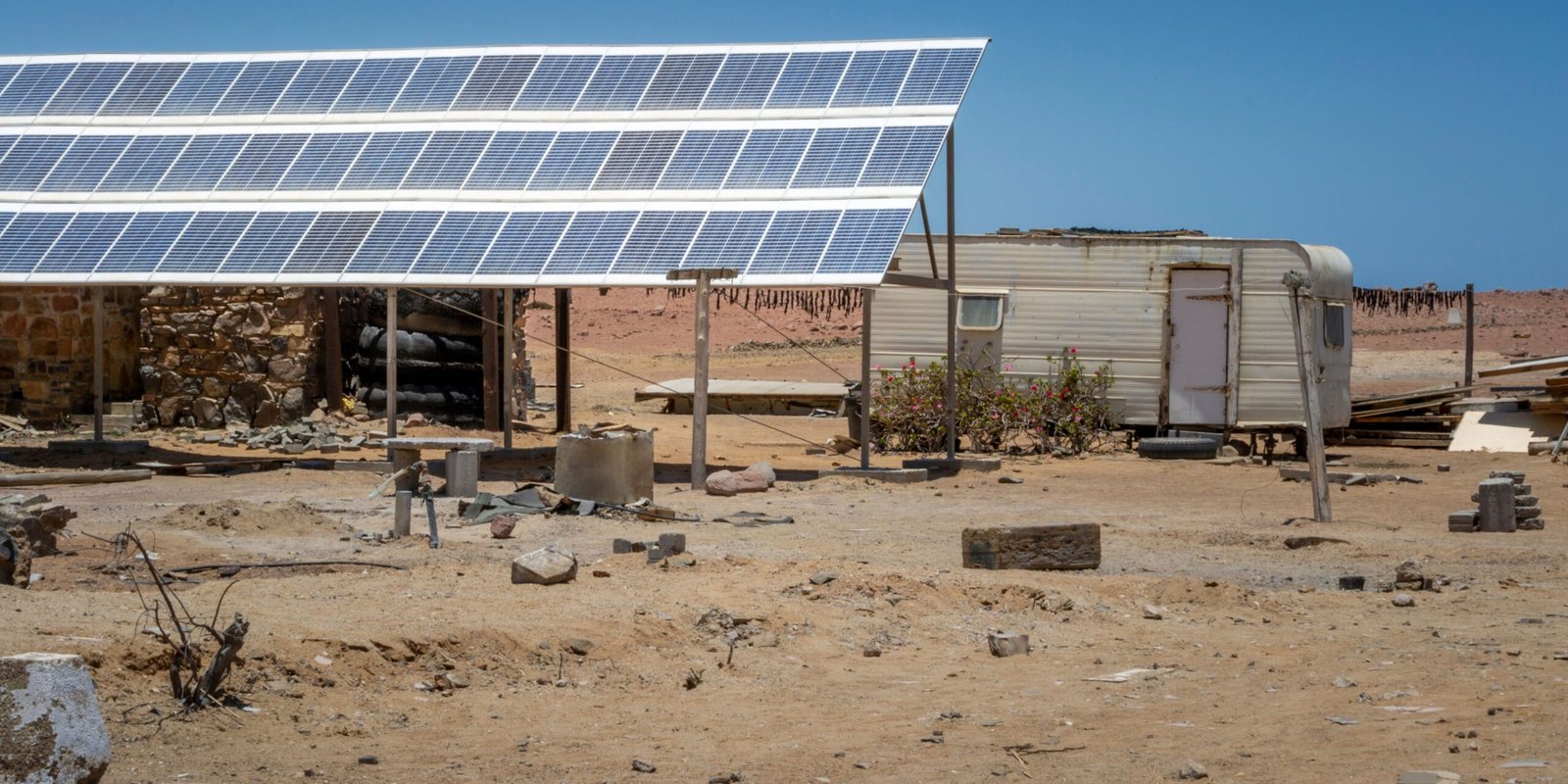Off Grid Living List: Escape the grid and embrace a life of self-sufficiency! Imagine waking to the sun, your energy sourced naturally, your food grown by your own hands, and your waste recycled back into the earth. This isn’t a fantasy; it’s a lifestyle gaining traction, offering freedom from the constraints of modern society. This comprehensive guide dives deep into the practicalities, challenges, and rewards of off-grid living, providing you with the knowledge and resources to embark on your own unique adventure.
From meticulously planning your water sourcing and shelter construction to mastering sustainable food production and waste management, we’ll cover everything you need to know. We’ll explore various shelter options, from cozy cabins to innovative earthships, and detail effective methods for generating clean energy, ensuring your off-grid home is both comfortable and environmentally conscious. We’ll also delve into the crucial aspects of safety, legal considerations, and community building, painting a realistic picture of this increasingly popular alternative lifestyle.
Safety and Security Considerations for Off-Grid Living
Embarking on an off-grid lifestyle offers unparalleled freedom and connection with nature, but it also necessitates a heightened awareness of potential safety and security risks. Unlike urban environments, immediate access to emergency services is often unavailable, demanding proactive planning and preparedness. This section details crucial safety measures and security strategies to ensure a safe and secure off-grid existence.
Potential Safety Hazards and Preventative Measures
Off-grid living presents unique challenges, requiring careful consideration of various hazards. Failing to address these can lead to serious injury or even fatality. Understanding these risks and implementing preventative measures is paramount.
- Wildfires: The risk of wildfires is significantly higher in rural and remote areas. Preventative measures include creating defensible space around your dwelling by clearing flammable vegetation, regularly maintaining firebreaks, and having readily accessible fire suppression equipment, such as shovels, rakes, and water tanks. Regularly checking weather forecasts for fire danger is crucial.
- Wildlife Encounters: Close proximity to wildlife increases the likelihood of encounters. Storing food securely, using bear-resistant containers if necessary, and understanding local wildlife behavior are essential. Knowing how to react in case of an encounter with aggressive animals is vital. This might involve carrying bear spray or knowing safe defensive tactics.
- Falls: Uneven terrain, steep slopes, and working at heights are common occurrences in off-grid settings. Proper footwear, secure handholds, and awareness of surroundings are critical for preventing falls. Using appropriate safety harnesses when working at heights is also necessary.
- Waterborne Illness: Access to clean drinking water is crucial. Proper water purification methods, such as boiling, filtering, or using water purification tablets, are essential to prevent waterborne illnesses. Regular testing of water sources is also recommended.
Essential Safety Equipment Checklist for Off-Grid Dwellings
Having a comprehensive collection of safety equipment readily available is non-negotiable for off-grid living. This equipment should be regularly checked and maintained.
- First-aid kit: A well-stocked first-aid kit, including bandages, antiseptic wipes, pain relievers, and any necessary prescription medications, is essential for treating minor injuries.
- Fire extinguisher: A fire extinguisher appropriate for various fire types (e.g., Class A, B, C) is crucial for quickly addressing potential fires.
- Emergency communication devices: Satellite phone or a two-way radio with sufficient range are vital for contacting emergency services in remote areas where cell service is unavailable.
- Water purification system: This could include a water filter, purification tablets, or a boiling system, ensuring access to safe drinking water.
- Tools and supplies for repairs: Basic tools for home repairs, such as a hammer, screwdrivers, pliers, and duct tape, are essential for addressing minor issues.
Strategies for Ensuring Personal and Property Security in Remote Locations, Off grid living list
Security in remote locations requires a multi-faceted approach, encompassing both personal and property protection.
- Perimeter Security: Installing motion-sensor lights, security cameras (potentially solar-powered), and robust fencing can deter intruders. Consider strategically placed thorny bushes or other natural barriers to create a physical deterrent.
- Safe Storage of Valuables: Store valuable items securely in a safe or hidden location. This minimizes the risk of theft in case of a break-in.
- Community Engagement: Building relationships with neighbors or nearby communities can create a sense of mutual support and enhance security. This also provides a network of people to contact in case of an emergency.
- Self-Defense Training: Consider taking self-defense classes to learn how to protect yourself in case of a confrontation.
- Awareness of Surroundings: Maintaining situational awareness of your surroundings is crucial. Be aware of unfamiliar individuals or suspicious activity near your property.
Embarking on an off-grid journey is a deeply personal and rewarding experience. It’s about reclaiming control over your life, connecting with nature on a profound level, and building a sustainable future. While challenges undoubtedly exist, the sense of accomplishment, independence, and connection to the earth far outweigh the difficulties. This Off Grid Living List isn’t just a guide; it’s your roadmap to a life less ordinary, a life lived on your own terms, in harmony with the natural world.
So, take a deep breath, gather your courage, and start planning your escape – your self-sufficient adventure awaits!
Q&A: Off Grid Living List
What is the initial cost of going off-grid?
Initial costs vary wildly depending on your chosen location, shelter type, and desired level of self-sufficiency. Expect significant upfront investment, but long-term savings can be substantial.
How do I find land suitable for off-grid living?
Research land availability in your desired region. Consider factors like water access, soil quality, and proximity to necessary services (while maintaining desired isolation).
What are the legal implications of building an off-grid home?
Building codes and permits vary significantly by location. Thorough research and compliance with local regulations are crucial to avoid legal issues.
Is off-grid living suitable for families with children?
Absolutely! Many families thrive in off-grid settings, fostering strong family bonds and a unique childhood experience. Careful planning and preparation are key.
Obtain access to off grid living a lie to private resources that are additional.

